#hollywood history
Text






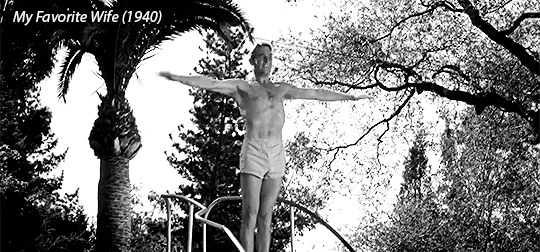


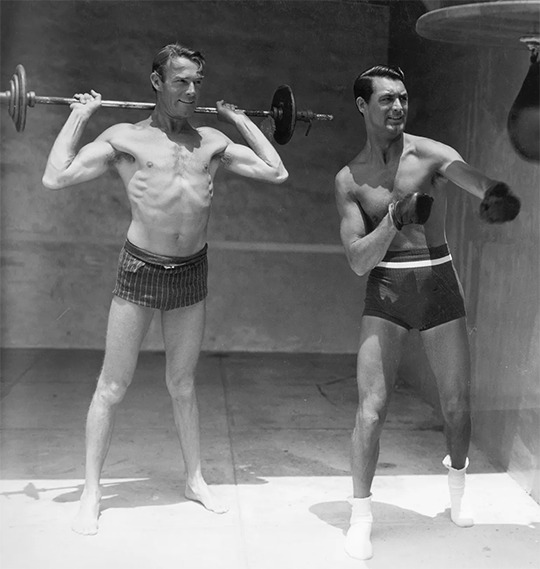

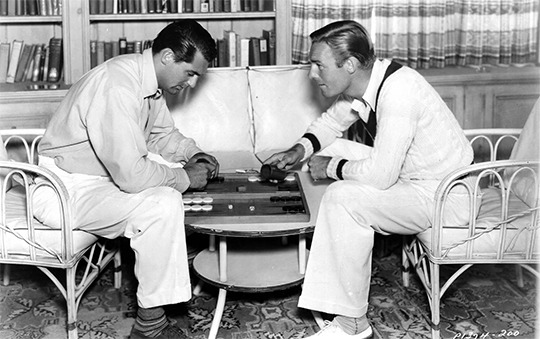




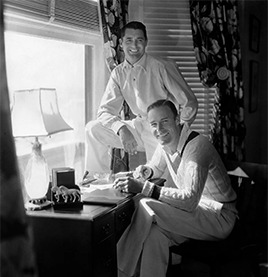
Excerpts from the Vanity Fair article about Cary Grant and Randolph Scott's relatonship / Grant and Scott in Hot Saturday and My Favorite Wife / various publicity photos of Grant and Scott during the time they lived together.
#cary grant#randolph scott#old hollywood#history#hollywood history#lgbtq history#hot saturday#my favorite wife#classic hollywood#oldhollywoodedit#classicfilmgifs#classicfilmsource
266 notes
·
View notes
Text

Eartha Kitt photographed by Harry Benson 1965
#eartha kitt#harry benson#1960s#1965#icon#classic hollywood#old hollywood#hollywood history#classicfilmloves
117 notes
·
View notes
Text

The clash between the “boy genius” and the newspaper tycoon heated on #OnThisDay in 1941, when William Randolph Hearst forbid any of his newspapers to run advertisements for Orson Welles’ CITIZEN KANE.
54 notes
·
View notes
Text
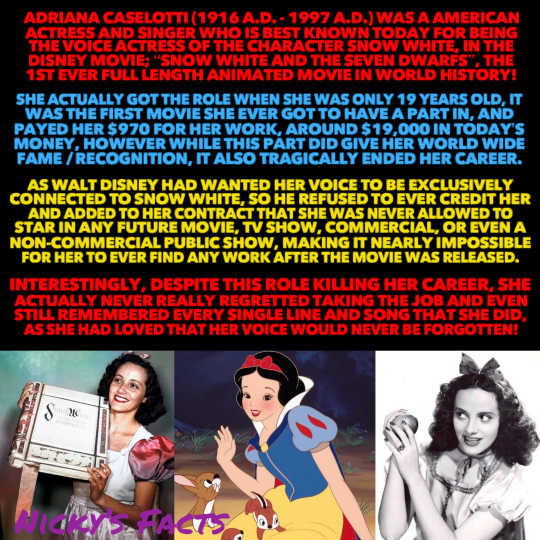
She got to be the voice of a icon, but sadly paid heavily for it👑
🎶🎞️🎶
#history#adriana caselotti#snow white#actress#disney#animation history#princess#disneyland#disney paris#hollywood history#historical figures#disney princess#movies#walt disney#disney 100#american culture#womens history#disney girl#soft girl#princess core#coquette#american history#historical women#animated movies#1930s#hollywood
71 notes
·
View notes
Text
Really need some Jewish joy at the moment so I'm gonna infodump about one of my favorite Jewish Hollywood icons, Steven Hill.
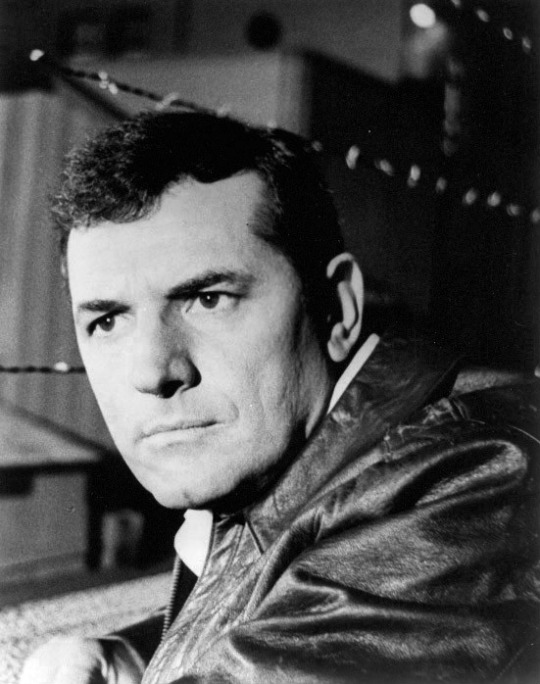
(photo credit: Wikipedia)
Look at him. Gaze upon this sexy, sexy Yiddische mensch while I regale you with who he is and why I love him.
Steven Hill, né Shlomo Krakovski, was a contemporary of an indie actor you might not have heard of, kinda backwater guy, I think his name was... Marlon Brando? Anyway, Martin Landau (another Yiddische mensch in Hollywood) has gone on record as saying that if anyone would have guessed whether Hill or Brando would have been the big name of the silver screen at the time, he would have put his money on Hill - a paraphrase, but just going to show you what level we're working with here.
Hill was known throughout Hollywood as one of the most religious people on set. He was strict about leaving Friday at 4 PM so that he could get ready for Shabbat, which led to his firing from a small show called Mission: Impossible at the end of the first season - yeah, if you're a fan of the movie series with Tom Cruise, thank a Jew!
A funny story from that time: Herb Solow, one of the execs at Desilu - the production company started by Desi Arnaz and Lucille Ball - recounted once that William Shatner came to his office because Hill got all the Jews on Star Trek and M:I together for a minyan but were still short a man.
Anyway I love this man so much and thank you for indulging me on this, Happy Hannukah tumblr
#jumblr#jewish#jewblr#jewish joy#judaism#mission impossible#star trek#steven hill#am yisrael chai#jewish history#hollywood history
42 notes
·
View notes
Text
instagram
“Jews run Hollywood.”
No, as Ms. Streisand makes clear, Jews began aspects of modern Hollywood out of the tradition of the Yiddish theater, which also made significant contributions to Broadway:
But we didn’t just tell our own stories, we made it so others could tell their stories:
From the above article:
“He listened,” says Gloria Calderón Kellett, co-showrunner of the 2017-2020 revival of Lear’s One Day at a Time. “He very much understood his privilege, and he leveraged it consistently for other people. For him, it was, ‘How can I best serve you guys in the telling of this story authentically?'”
Listening and helping others are Jewish values.
Maybe Jews were mistaken to ascribe these values to people who don’t believe the way we do. Yet, it still hurts all the more when other people don’t listen and try to help us.
Note: This post is about antisemitism in the diaspora, particularly in the US, and also to contextualize why diaspora Jews in the US have contributed to certain industries. There are many other important issues right now, but they aren’t what this post is about. Also, the “privilege” mentioned in the quote is easily revoked, as we all know too well.
#Instagram#jumblr#diaspora jewery#antisemitism#hollywood history#broadway history#barbra streisand#norman lear
24 notes
·
View notes
Text
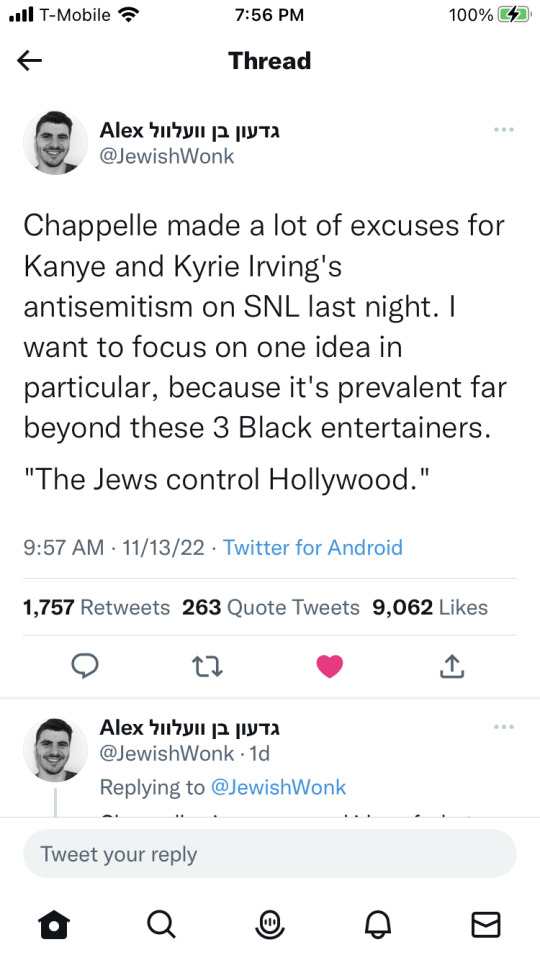

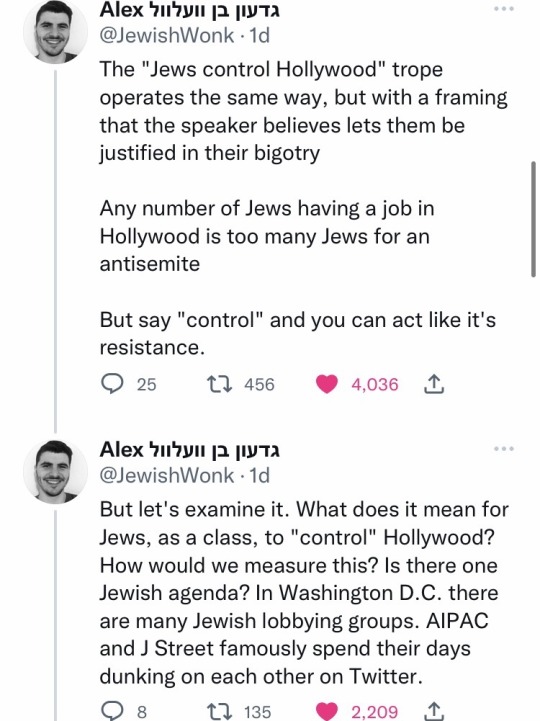
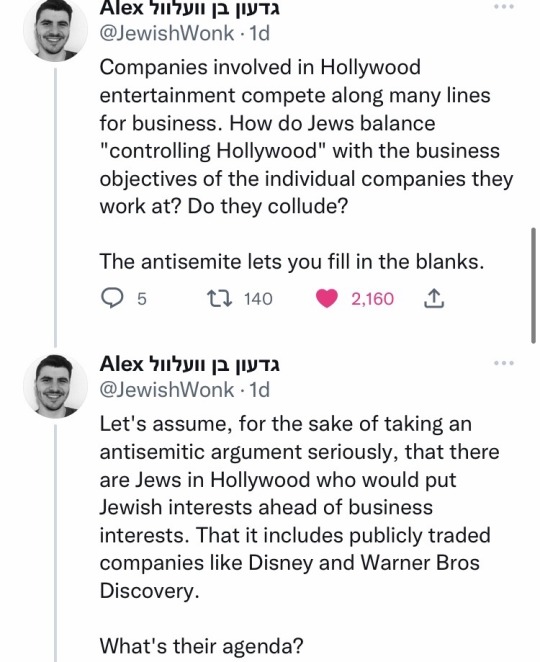

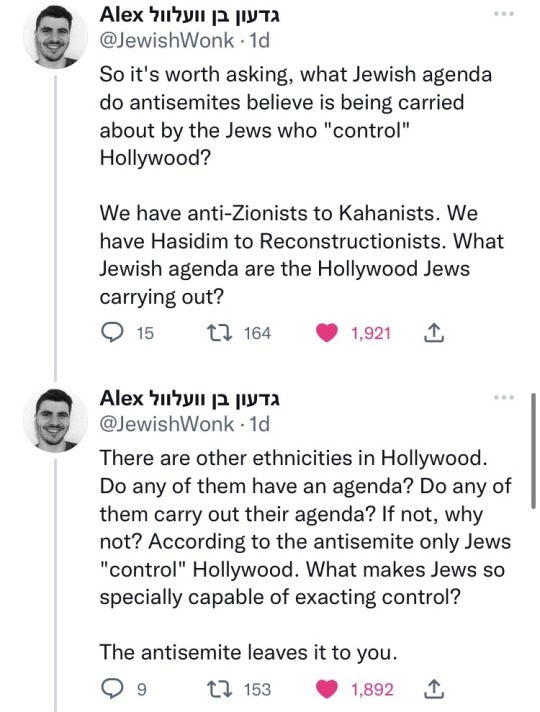

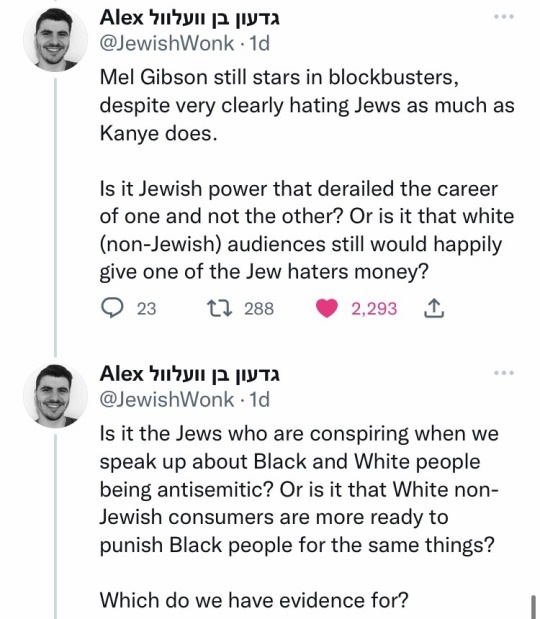
#tw antisemitism#antisemitism#Jews#Hollywood#hollywood history#mel gibson#kanye west#dave chappelle#bigotry#twitter thread#jewish people#judaism#conspiracy theories
334 notes
·
View notes
Text
The Great Greta Garbo

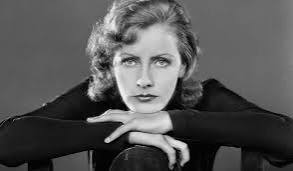
Glamorous, compelling, and ever so famous was the iconic movie star, Greta Garbo. She graced Hollywood in the 1920s and 1930s with films like “Wild Orchids” and “The Kiss.” Altogether, she starred in thirty-three films and captivated men and women alike.
Greta was born Greta Lovisa Gustafsson on September 18, 1905 in Stockholm, Sweden and died April 15, 1990 in New York City at the age of 84 to pneumonia. Her childhood was that of poverty where her family lived in the slums. Her father was an itinerant laborer and didn’t earn much money to give his family the life he wanted for them to have. When Greta was old enough to work, she took various positions to help ease the strain of supporting the family.
One fateful day, film director Erik Petschler saw Greta and was mesmerized with her beauty after seeing her in a commercial advertising women’s clothing and he offered her a small role in his 1922 film “Peter the Tramp.” She was bitten by the acting bug and she started school at the Royal Dramatic Theater in Stockholm. She landed a major role in a 1925 Swedish movie “Gösta Berlings Saga” (The Saga of Gösta Berling). The director, Mauritz Stiller changed her birth name to Garbo as he felt it was fitting and becoming for her unique beauty. Seeing her potential, he negotiated with MGM (Metro-Goldwyn-Mayer) Studios in Hollywood and secured her a contract. Louis B. Mayer had doubts about Greta’s screen performance until the release of her first American 1926 film “The Torrent.” Her lustrous glow and the fluidity of how she moved impressed Mayer so much so that he gave her an exclusive contract.
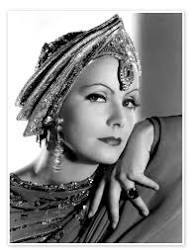
1930’s “Anna Christie” was Greta’s first sound film. The movie was marketed with “Garbo talks!” She would earn three Oscar nominations for best actress for her performances in “Anna Christie,” “Camille,” and for “Ninotchka.” She never did win, but she did receive an Honorary Academy Award in 1955. She won the New York Film Critics Circle Award for best actress for her performance in 1935’s Anna Karenina. Her last film was “Two-Faced Woman” in 1941 and it received bad reviews that greatly humiliated her. Her acting life halted despite offers for other films after the movie flop.
Greta never married nor did she have children. Her first romance was with her often co-Star John Gilbert. In her latter years, she had a relationship with Leopold Stokowski, conductor of the Philadelphia Orchestra. It’s rumored that she had an affair with Russian-born millionaire George Schlee, stealing him from his wife. It’s specualted that Greta was bisexual, some would claim she was predominantly lesbian, but no one could confirm that. Though she appeared in events, she disliked the feeling uncomfortable acting like a socialite because it wasn’t who she was.
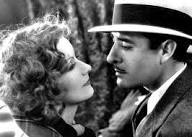
Greta would live the remainder of her life in a New York City apartment. She was an honored guest in the White House and She received treatment for breast cancer and would have dialysis treatment at a local hospital where she would later die from pneumonia. She will always be regarded as one of the most beautiful and graceful women that gifted us with her talent.
Until next time, Aloha oe.
Photos: *Getty Images, Posterlounge
#greta garbo#golden age#movie talk#movie time#movie theater#historical#actress#old hollywood#black and white movies#silent movies#silent film#movie star#hollywood history#hollywood#hollywood legend#actor#silent film actresses#hollywood actress#famous#movies#movie theme#league of legends#legendary actress
15 notes
·
View notes
Text
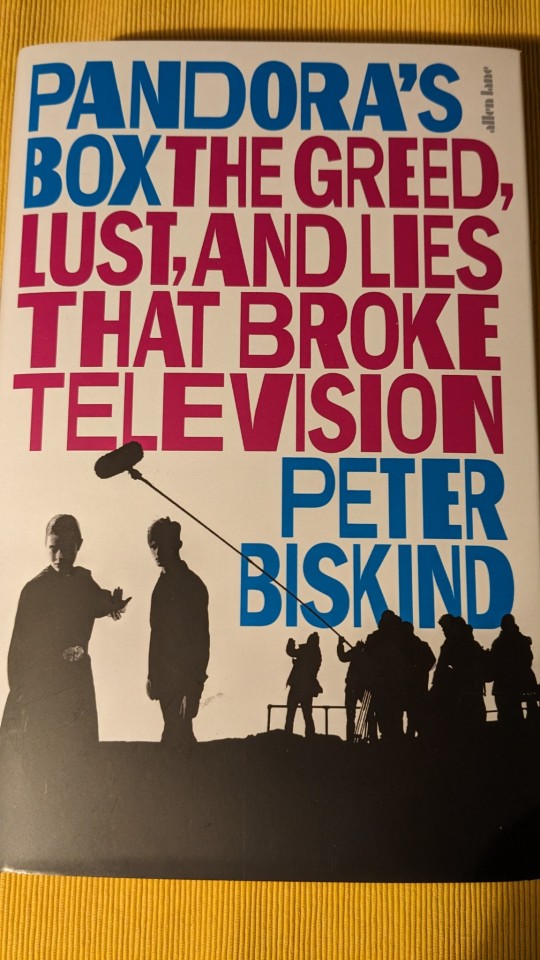
When it comes to Hollywood historians or cultural critics, Peter Biskind is in a class by himself. Easy Riders, Raging Bulls: How the Sex-Drugs-and-Rock 'N Roll Generation Saved Hollywood was a fucking joy to read. So I am very much looking forward to diving into this.
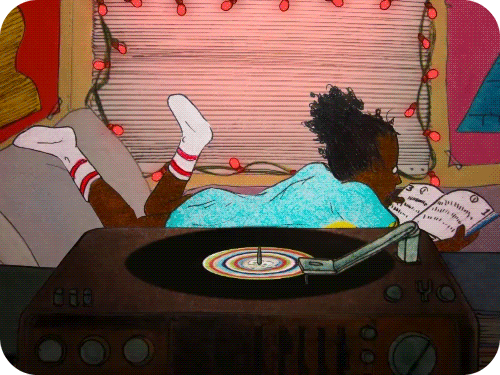
@gotankgo You in? 😂
#peter biskind#pandora's box: the greed lust and lies that broke television#hollywood#hollywood history#streaming#tv#tv shows#cultural criticism#books#reading
26 notes
·
View notes
Text

Sharon Tate
Untitled, 1969. Mark Rothko (American, born in Latvia, 1903-1970). The Tate Gallery, London.
33 notes
·
View notes
Text
In the silent-film era, Hollywood's film industry grew quickly to meet audience demand, and thus it was more pragmatically welcoming to women writers, editors, directors, and producers than it would be at any other time afterward. Directors like Dorothy Arzner, Lois Weber, and Alice Guy-Blaché (the latter widely considered to be the first true "auteur" of cinema), and actor-producers like Mary Pickford (founder of United Artists studios) and Clara Bow created films that weren't the escapist fantasies Hollywood would come to prize, but human stories that included complex relationships and forward-thinking subject matter: Weber's The Hand That Rocks the Cradle, for instance, was about the need for legalized birth control. At one point, women headed up dozens of production companies. But, as film journalist and historian Melissa Silverstein notes, "As it became more about money, the women behind the scenes disappeared." The expensive technology that turned silents into "talkies" beginning in the 1920s necessitated the involvement of Wall Street, which invested in young studios and became the big bosses of directors and producers, imposing a masculinized and increasingly sex-segregated workforce as part of the burgeoning corporate studio system. Women in powerful creative and decision-making roles were suddenly seen as amateurish and unprofessional; for the male-dominated financial forces that took charge of the Hollywood economy, and with larger and larger amounts of cash at stake, they were simply too much of a risk.
Onscreen, representations of women followed a similar trajectory. In what's now known as the pre-Code era of Hollywood films, women were smart, professional, ambitious, forthright, opaque, tricky, even criminal. They blackmailed bosses, had babies out of wedlock, seduced other women—and the thrillers were even steamier. Jean Harlow's Red-Headed Woman was a brazen social climber more than willing to seduce any man to get what she wanted; Barbara Stanwyck, in Baby Face, was an exploited young woman who used sex to move from penniless to paid ("She had IT and made IT pay" leered the film's poster). And, of course, there was Mae West, the bombshell vaudevillian, playwright, producer, and model for every one of Samantha Jones's Sex and the City single-entendres, whose winking catchphrases—"Come up and see me some-time"; "When a girl goes bad, men go right after her"—have long epitomized pre-Code Hollywood's sassy repartee. It's not that the heroines essayed by these dames were like men; they weren't. They were simply as human onscreen as the men, as full of appetite and humor and stubbornness and fallibility. And that was part of the problem that the Hays Code was enacted to fix.
-Andi Zeisler, We Were Feminists Once
25 notes
·
View notes
Text


Lucy reads the top story after she and Desi vist her home town of Jamestown, NY in February 1956.
#i am forever charmed by her smile in this first photo#lucy and desi#Lucille Ball#Lucy Ball#Desi Arnaz#1950s#1956#classic hollywood#hollywood history#old hollywood#old hollywood stars#retro tv#retro hollywood#classic actress#classic hollywood stars#icon#classicfilmloves#op
40 notes
·
View notes
Text
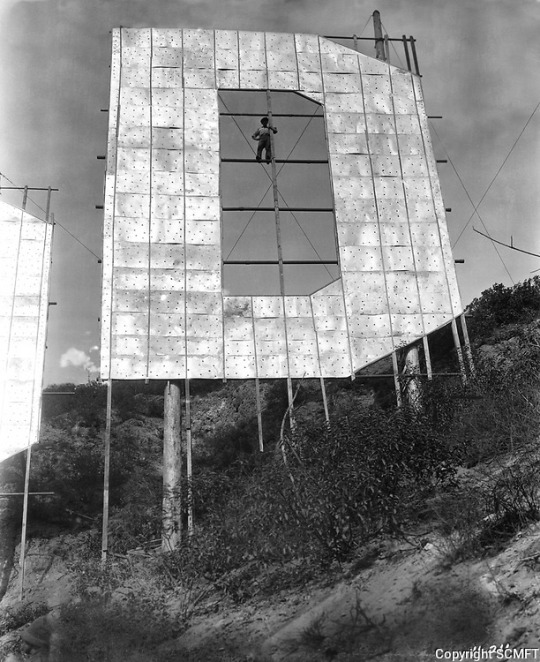
Man standing in the letter D during construction of the Hollywoodland sign in November 1923
75 notes
·
View notes
Text

French manicures are so simple yet add so much glamour to any look!💜
💅🏻🎞️💅🏾
#history#french manicure#orly#hollywood#nail polish#makeup history#jeff pink#coquette#united states#paris#hollywood history#soft girl#femininity#just girly things#fashion week#barbiecore#bimbocore#dolletecore#girlhood#girly girl#american history#1970s#pretty nails#coquette aesthetic#manicure#pairs fashion week#1970s style#nickys facts
32 notes
·
View notes
Text
I can't believe I didn't think about this earlier, but if you're enjoying @hotvintagepoll and think early Hollywood history is interesting, check out Karina Longworth's podcast, You Must Remember This "the podcast dedicated to exploring the secret and/or forgotten histories of Hollywood's first century"
It's on hiatus at the moment, but there's a season on MGM specifically, Hollywood during the second world war, the blacklist, and a whole bunch of interesting stuff!
She also does history later than the poll covers, but I do recommend the two most recent seasons on sex in Hollywood in the 80s and 90s!
14 notes
·
View notes
Text
youtube
The greatest thing about this scene is Gwen Verdon. No question.
The second greatest thing is Tab Hunter playing a bumpkin country boy who doesn't know he's being hit on. Which was super easy for him because he was very, very gay.
(There's a documentary--"Tab Hunter: Confidential"--that includes Tab discussing in-depth being gay and closeted in 1950s Hollywood. It's an interesting watch but also a lovely watch because here he was, out and proud and happily partnered at the time of filming.)
#tab hunter#gwen verdon#damn yankees#queer shit#lgbtqia history#queer history#hollywood history#Youtube
37 notes
·
View notes